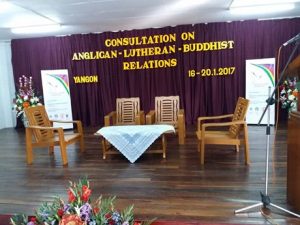
“Voices of Hope in a New Era:” Anglicans, Lutherans, and Buddhists convene in Myanmar
In mid-January representatives of the Anglican communion, Lutheran church, and Buddhist faith met in Myanmar to discuss ongoing interfaith relations.


In mid-January representatives of the Anglican communion, Lutheran church, and Buddhist faith met in Myanmar to discuss ongoing interfaith relations.
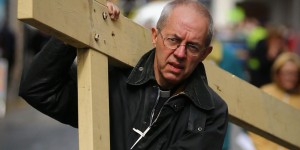
Justin Welby has sent invitations to his fellow Primates inviting them to gather in Canterbury in October
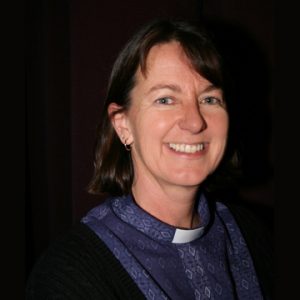
The The Revd Dr Rachel Mash is the Co-ordinator for the Anglican Church of South Africa’s Environmental Network. In this essay from ACNS, she shares her hopes, rooted in her faith, for 2017 and beyond

Online evangelism is on the rise across many religions.

The Province of Burundi has set the goal of planting “One Person, One Tree” in the next five years, totaling about 10 million trees.
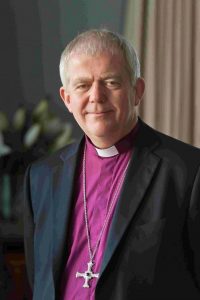
On November 13th, the Global Anglican Future Conference released a list of members of the Church of England they felt had violated Lambeth Resolution I.10
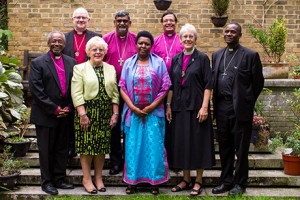
“Don’t expect things to happen overnight. . . We are committed to the Anglican Church. We believe in the importance of the Communion for the sake of the gospel and the world.” – Michael Curry, Presiding Bishop of the Episcopal Church
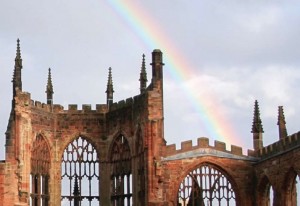
A new report from the London School of Economics urges the Anglican Communion to use its global reach to combat the criminalization of homosexuality in 77 countries of the world, including 39 Commonwealth members.
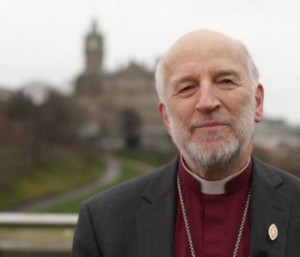
The Global North is experiencing massive social change in respect of human sexuality – not that the church simply follows that. The Global South – and in particular Sub-Saharan Africa – remains deeply conservative and is under pressure from the Islamisation of Africa. The legacy of colonialism makes measured and respectful dialogue very difficult. Different understandings of collegiality and leadership confuse expectations about how issues will be addressed.
The unanswered question is, ‘Who oversees the limits of Anglican diversity and what happens when those limits are crossed?’
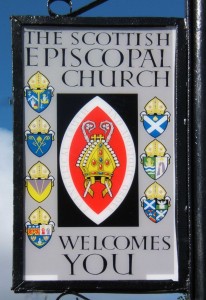
First – the supreme authority of our church is the General Synod of the Scottish Episcopal Church. The proposals for canonical change which we shall debate this year come before us by the will of our General Synod. That does not change, What does change is that each of us now understands what the impact of any change will be on the Communion and our place within it. We should be respectfully mindful of that.